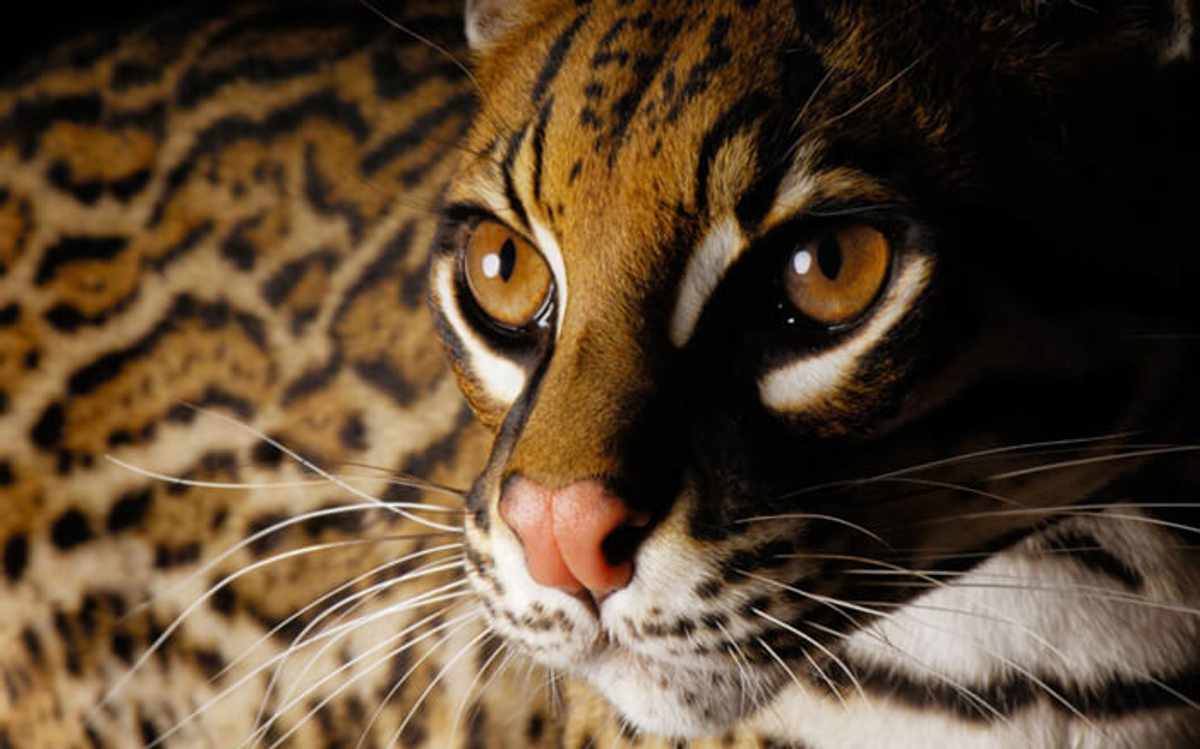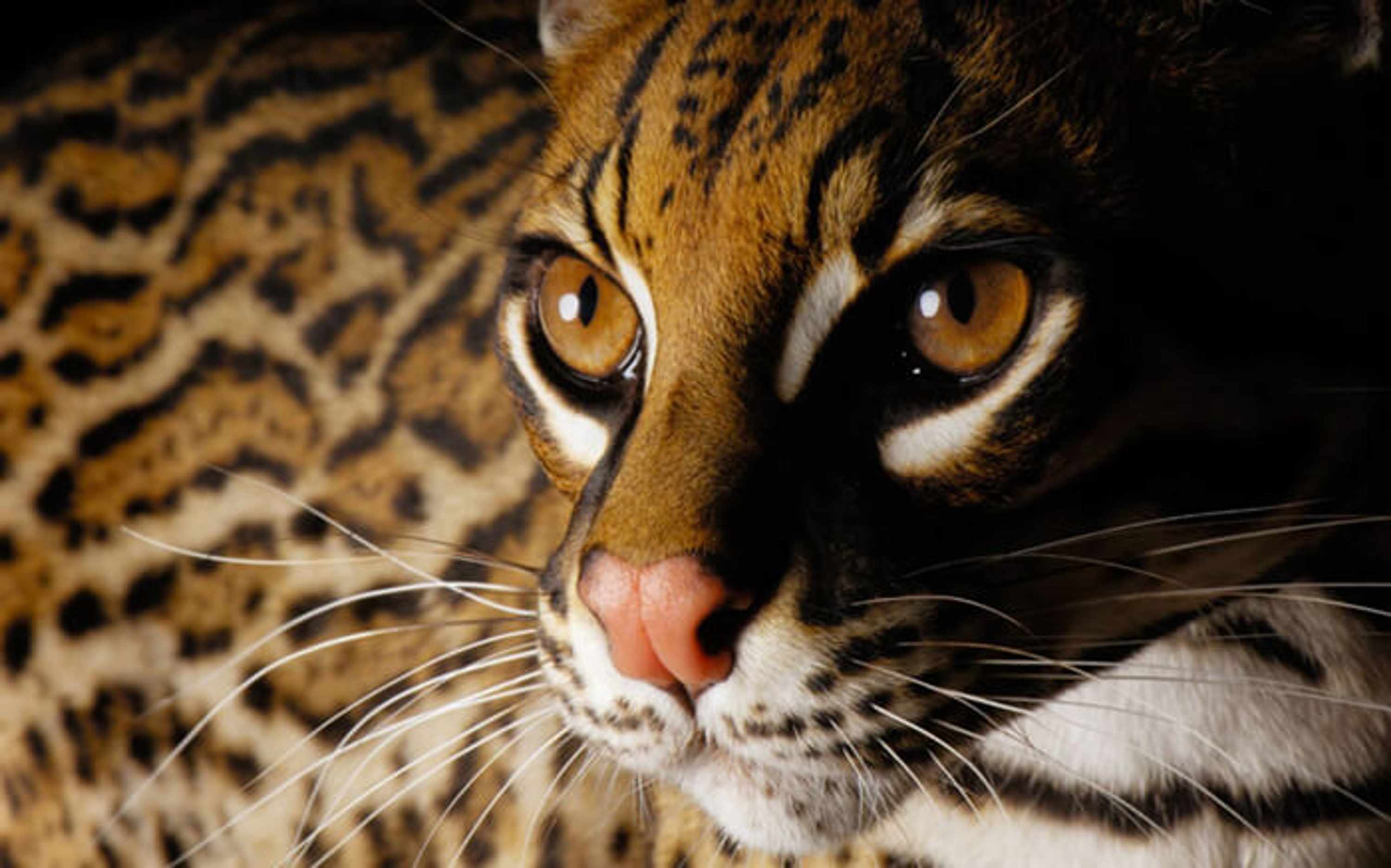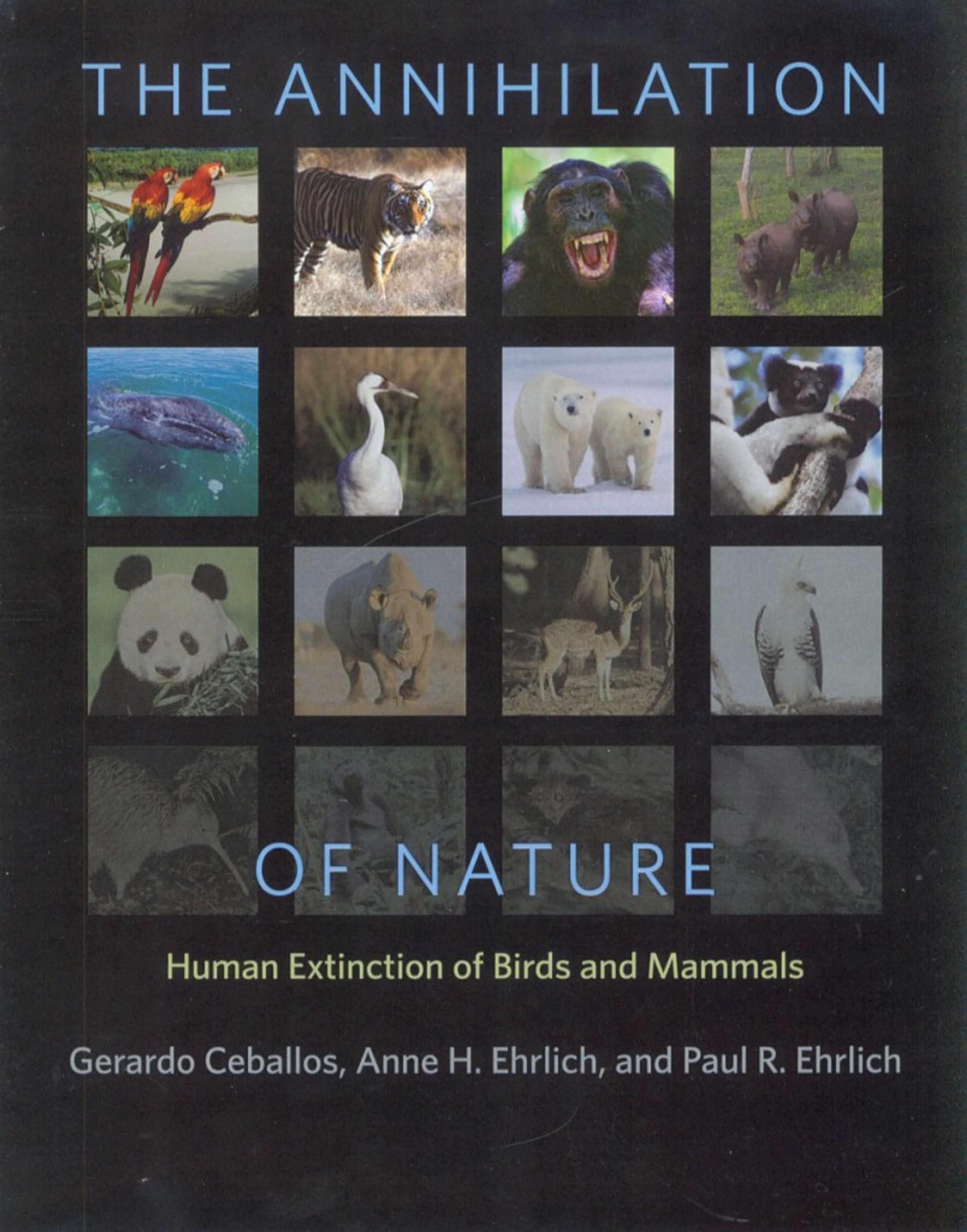We are losing our only known companions in the universe
We are losing our only known companions in the universe

 The Annihilation of Nature lives up to its title, painting a bleak portrait of the position we find ourselves in, as inhabitants of the biosphere and the repercussions our actions have on the animals we share it with. Written collaboratively by three of the world's pre-eminent conservationists, this haunting description of what has befallen us, we have caused and a number of well thought out potential futures, what will happen if we do nothing and what we can do to quell the wave of the sixth great extinction.
The Annihilation of Nature lives up to its title, painting a bleak portrait of the position we find ourselves in, as inhabitants of the biosphere and the repercussions our actions have on the animals we share it with. Written collaboratively by three of the world's pre-eminent conservationists, this haunting description of what has befallen us, we have caused and a number of well thought out potential futures, what will happen if we do nothing and what we can do to quell the wave of the sixth great extinction.  The myriad of oppressing forces faced by the natural world as a direct result of human action is undeniable. It is a hell of a journey to go through in 180 pages, a tragedy of epic proportions with the only comedic relief available in the form of dissociative schadenfreude. Emotionally taut, angering, the ensemble cast thrill and fascinate, but run the ever present risk of not making it to the finale. Genuine attempts to reign in the overtly scientific nature of language have been made but at times the necessity to describe phenomena succinctly overrides the layman's explanation. This however is all dealt with in the introduction, that acquaints the reader not only with the subject matter but an array of the terminology used. Accompanying the informative and approachable text are a number (83 so I’m told) of beautiful wildlife photographs taken by a range of talent photographers, sublimely illustrating the natural beauty we run the very real risk of losing permanently. There is hope but it is not without terror. The whole book is emotionally charged and with good reason but it is on the final page that you will find a statement that puts into stark contrast what we are at risk of losing, “does civilisation have the will and wisdom to change our way and permitting adequate living room for our only known companions in the universe?”. As every age has looked back at its forebears with moral incredulity and repugnant disdain for now unthinkable actions and beliefs. We too are going to be viewed very poorly through the prism of history if we fail to not only act individually but through collective action inspire the global change in perception necessary to continue to maintain the diversity keeps the whole shit show on the road. There is a line of thought that goes a little something like this; The Earth has been around for a very long time, as has life in one form or another. 99% of the species that have ever existed are now extinct. Man kind is just another one of those species. The only exception being that we are willfully hurtling towards extinction due to an overconfidence in our own intelligence. The planet is big enough and old enough to take care of itself, and if we’re too stupid to help ourselves out then we deserve everything that's coming. We have to remember everything is temporary in celestial timeframes. Extinction is both an inevitable part of natural evolutionary progression and the definitive, irreversible end point to something billions of years in the making. To be so crass as to fail to react given the information is both indicative of the innate selfishness that corporate human constructs operate under and one of the greatest acts of short-termism we will ever live to witness. The scholastic rigour and logical diligence with which potential actions to rectify our position, have been thought out, is distinctly impressive. The solutions offered in the closing stages of this tome echo a permaculture ethos, display an acceptance that as a species we have reached plague like proportions while promoting the necessity to switch from a degenerative, consumptive and disrespectful society. Instead with wildly diminished numbers (between 1-2 billion) we can hope to become respectful, regenerative and hold the common belief that the planet exists for purposes other than fulfilling human need and greed.
The myriad of oppressing forces faced by the natural world as a direct result of human action is undeniable. It is a hell of a journey to go through in 180 pages, a tragedy of epic proportions with the only comedic relief available in the form of dissociative schadenfreude. Emotionally taut, angering, the ensemble cast thrill and fascinate, but run the ever present risk of not making it to the finale. Genuine attempts to reign in the overtly scientific nature of language have been made but at times the necessity to describe phenomena succinctly overrides the layman's explanation. This however is all dealt with in the introduction, that acquaints the reader not only with the subject matter but an array of the terminology used. Accompanying the informative and approachable text are a number (83 so I’m told) of beautiful wildlife photographs taken by a range of talent photographers, sublimely illustrating the natural beauty we run the very real risk of losing permanently. There is hope but it is not without terror. The whole book is emotionally charged and with good reason but it is on the final page that you will find a statement that puts into stark contrast what we are at risk of losing, “does civilisation have the will and wisdom to change our way and permitting adequate living room for our only known companions in the universe?”. As every age has looked back at its forebears with moral incredulity and repugnant disdain for now unthinkable actions and beliefs. We too are going to be viewed very poorly through the prism of history if we fail to not only act individually but through collective action inspire the global change in perception necessary to continue to maintain the diversity keeps the whole shit show on the road. There is a line of thought that goes a little something like this; The Earth has been around for a very long time, as has life in one form or another. 99% of the species that have ever existed are now extinct. Man kind is just another one of those species. The only exception being that we are willfully hurtling towards extinction due to an overconfidence in our own intelligence. The planet is big enough and old enough to take care of itself, and if we’re too stupid to help ourselves out then we deserve everything that's coming. We have to remember everything is temporary in celestial timeframes. Extinction is both an inevitable part of natural evolutionary progression and the definitive, irreversible end point to something billions of years in the making. To be so crass as to fail to react given the information is both indicative of the innate selfishness that corporate human constructs operate under and one of the greatest acts of short-termism we will ever live to witness. The scholastic rigour and logical diligence with which potential actions to rectify our position, have been thought out, is distinctly impressive. The solutions offered in the closing stages of this tome echo a permaculture ethos, display an acceptance that as a species we have reached plague like proportions while promoting the necessity to switch from a degenerative, consumptive and disrespectful society. Instead with wildly diminished numbers (between 1-2 billion) we can hope to become respectful, regenerative and hold the common belief that the planet exists for purposes other than fulfilling human need and greed.
**The Annihilation of Nature: Human Extinction of Birds and Mammals **
by Gerardo Ceballos (Author), Anne H. Ehrlich (Author), Paul R. Ehrlich (Author)
All proceeds go to Navjot Sodhi Fund at the Rocky Mountain Biological Lab to support research by young conservation biologists.


